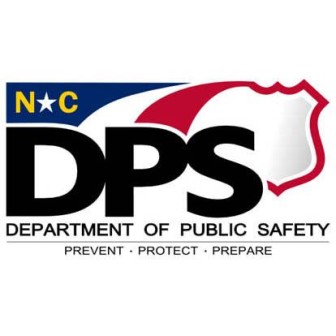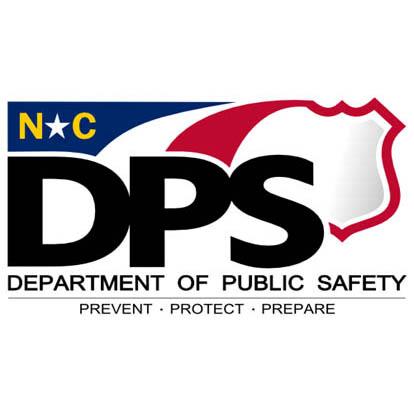
via North Carolina Department of Public Safety / Facebook
Earlier this month, North Carolina’s Department of Public Safety (DPS) announced the consolidation of its adult and juvenile correctional offices into the newly formed Division of Adult Correction and Juvenile Justice. W. David Guice, the former commissioner of the state’s Division of Adult Correction, will serve as the head of the newly merged department.
North Carolina DPS declined to comment for this article and referred JJIE to their press releases.
“We are streamlining and combining upper level functions, while continuing to provide the same level of support, and in some areas enhanced support, to our field operations,” DPS Secretary Frank L. Perry is quoted in a recent press release. “There will be no mixing of juveniles and adults under supervisions, in facilities or in community programs anywhere.”
While the merger will not result in the mixture of juvenile and adult offenders to any capacity, several advocates within the state still feel apprehensive about the new measure.
“I would rather not have people who are trained in adult corrections also thinking about how juveniles should be either punished or rehabilitated,” said Chris Hill, director of the North Carolina Justice Center’s Education & Law Project. “It takes a specialized understanding of the juvenile mind to ensure that they will be rehabilitated, educated and ready to be on their way to adulthood, and not an adulthood that will include a return to the adult correctional facility.”
Even before the departmental merger, Hill said he had deep concerns about North Carolina’s juvenile justice system -- in particular, a state law that automatically puts offenders as young as 16 in front of adult courtrooms. Under the new divisional structure, Hill said he’s worried the consolidation may lower the quality of education in juvenile facilities, stating that he would much rather see the state address North Carolina’s “school-to-prison pipeline.”
“Neither the adult system or the juvenile system are really set up … to educate children,” he said. “If these referrals to either the juvenile justice facilities or adult facilities are coming out of schools, then we really need to figure out how to best understand how juveniles think so we won’t have the pushout problem.”
Rob Thompson, executive director of the Covenant with North Carolina’s Children coalition, worries that under the new division, there may be less emphasis on programs specifically designed for juvenile offender populations.
“We are very concerned about the consolidation, and that over time, it could lead to a lack of focus on the unique needs of the juvenile population,“ he said. “If you look at the organizational structure of the new division, the leadership…is almost wholly people who have backgrounds in adult corrections.”
Thompson said the heads of the state’s Division of Adult Correction and Juvenile Justice should make juvenile justice-specific program funding a top priority. However, he has worries that may not be the case underneath the new organizational structure.
“My biggest concern,” he concluded, “is that we will see the already limited amount of resources in the juvenile justice system shrink further under the new system.”

Pingback: Vera Institute’s Sentencing & Corrections Headlines | The Prison Enquirer